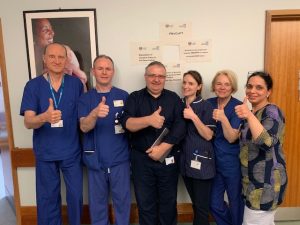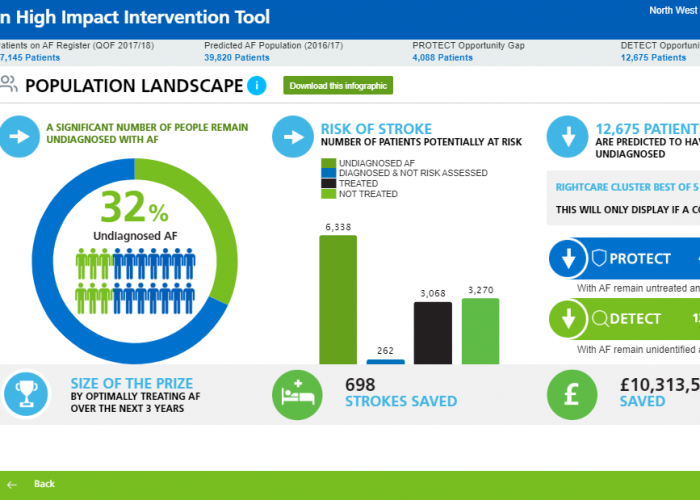 This week sees the first anniversary of the national PReCePT programme – aimed at reducing cerebral palsy in prematurely-born babies by giving magnesium sulphate (MgSO4) to the mother during labour.
This week sees the first anniversary of the national PReCePT programme – aimed at reducing cerebral palsy in prematurely-born babies by giving magnesium sulphate (MgSO4) to the mother during labour.
We take a look at how ICHP is working with maternity and neonatal to deliver PReCePT in NW London and reducing the risk to these often vulnerable babies.
Babies born before 30 weeks can face many health challenges from the very start of their lives. A simple £1 injection of magnesium sulphate (MgS04) to the mother while she’s in labour can reduce the risk of one of these, cerebral palsy, by 30%.
Over the last 12 months ICHP have been proudly working with six maternity and neonatal units across NW London working diligently to implement and sustain this life-changing intervention for these babies born less than 30 weeks. This work has already resulted in 96% of pre-term babies born in NW London now getting the chance to receive this intervention. Through the PReCePT programme, the aim is to now make that 100%.
Cerebral palsy is a lifelong condition which can cause difficulties with talking and walking, can cause epilepsy and has a very high chance of causing experience of pain. On average, for every 37 eligible preterm mothers (giving birth at under 30 weeks gestation) given MgSO4 at the right time during labour a case of cerebral palsy is prevented[1].
The last 12 months have seen ICHP through the collaboration with local teams both raise awareness of PReCePT amongst clinicians and carry out training to improve delivery in NW London. All the six maternity and neonatal units have been able to reduce variation and improve the MgSO4 pathway.
This has been achieved through the creation of dedicated teams of PReCePT champions including regional and local clinical leads, who have helped to organise training and support. This has been underpinned by ICHP creating a PReCePT dashboard which enables teams to visualise monthly data to enable pathway efficiencies reviews.
Units across north west London have repeatedly outperformed the programme’s stretch target of 95% pick-up, and this system level contribution has been recognised at regional and national levels, receiving positive feedback from the Patient Safety Programme Board, Local Maternity System and NHS England.
Regional Clinical Lead Mandish Dhanjal said: ‘It’s been wonderful to have such a high level of engagement from our local leads who have worked so hard to disseminate training resulting in a sustained improvement in administration of this simple neuroprotective agent to women delivering under 30 weeks.
“We’ve produced an animated staff training video to help capture staff who haven’t received face to face training and are proud to be able to make a difference to the lives of babies born very prematurely.”
With one year of the programme complete, and so many pre-term mothers already treated, not olny is ICHP looking to sustain the high level of pick-up in north west London, we are also looking at how we can further increase awareness across our network. Plans include training wider maternity and neonatal teams and implementing improvements across the MgSO4 pathway, with an aim that all women in preterm labour across NW London will be routinely offered MgSO4, and the wider population will become socialised on understanding its protective factor in preventing cerebral palsy in pre-term babies.
[1] Crowther CA, Middleton PF, Voysey M, Askie L, Duley L, Pryde PG, et al. Assessing the neuroprotective benefits for babies of antenatal magnesium sulphate: An individual participant data meta-analysis. PLoS Med 2017; 14(10): 1002398 https://doi.org/10.1371/journal.pmed.1002398



